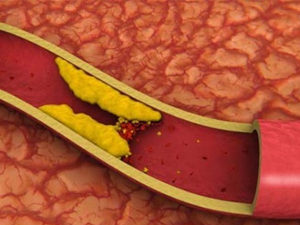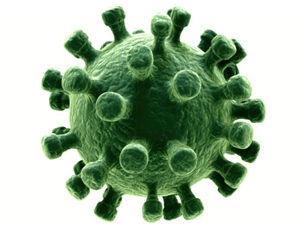Various Scientific Research have been carried out on chanca piedra. A study carried out showed that administration of aqueous extracts of the plant in mice revealed a significant decrease in the level of glucose in the blood. It proved that the plant has hypoglycemic effect in mice that are diabetic and showed no trace of hepatotoxicity. It also resulted in the loss of weight.
resulted in the loss of weight.
Another scientific study showed that it has hypolipidemic effect which has lipid-lowering effects in cholesterol and triton fed hyperlipidemic rats. For anti-malaria effect, extracts of the plant were proven to inhibit the activity of plasmodium falcifarum.
One of the studies carried out on chanca piedra to check the wound healing activity of the leaves extracts of the plant proved effective on a wounded adult male Sprague Dawley rats. A topical application of the extracts on the wounds helped in hastening the healing process.
Extracts of the stem, leaf, fruit, and root were evaluated to see it they possessed antimicrobial activity. Water, ethanol, n-butanol extracts of the leaf, fruit parts and stem were found to be very effective in fighting most human pathogenic microorganisms.
A clinical research carried out by Dixit and Achar in 1983 as well as the one by Syamasndar et al in 1985 showed that the plant extract has a positive effect against hepatitis B and also for the treatment of jaundice.
In the past, there was not definitive explanation on why this plant is considered to be a diuretic. However, Vander Woerd carried out a controlled assay in 1941 and the result he got was positive. Araujo, in Brazil, made use of Woerd thesis to make available summarized information.
Contreras G and Gamarra V. of San Marcos University (1993) showed that the plant clearly has antibacterial effect  against Proteus mirabilis in concentration of 30, 50, 100, 200, and 300 ml. Also against E.coli 9/7 in concentration of 30, 50, 100, 200, and 300 ml as well as Klebsiella pneumoniae 9/7 in the same concentrations. Ho
against Proteus mirabilis in concentration of 30, 50, 100, 200, and 300 ml. Also against E.coli 9/7 in concentration of 30, 50, 100, 200, and 300 ml as well as Klebsiella pneumoniae 9/7 in the same concentrations. Ho
wever, the plant did not act upon Staphylococcus aureus ATCC 6538.
A Japanse Researc group in 1990nd that a simple water extract of Chanca piedra has reverse transcriptase inhibition properties against HIV 1. A German research organization in a 2003 publication revealed that an application of chanca piedra therapy on HIV resulted in 70-75% inhibition of the virus.
On arthritis, preliminary studies were carried out on chronic arthritis and the result showed a clear anti-tumoral and anti-inflammatory activity in mice.
